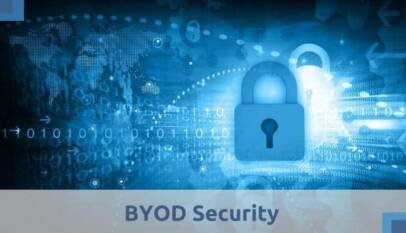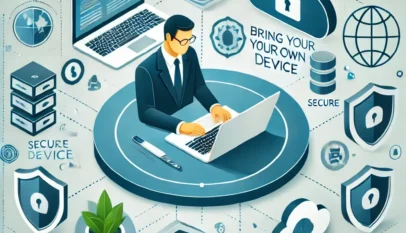Why Credit Cards Should Have a PIN !
High Threat Protection (HTP) Insights on Securing Your Financial Transactions

In an era where financial fraud is on the rise, securing payment methods has never been more critical. Credit cards are a convenient and widely used payment tool, but their security measures often lag behind those of debit cards. One glaring omission? The absence of mandatory PIN authentication. At High Threat Protection (HTP), we advocate for credit card issuers to adopt PIN-based security, a simple yet powerful safeguard against unauthorized transactions. Here’s why this change is essential for consumers and financial institutions alike.
The Growing Threat of Credit Card Fraud
Credit card fraud is one of the most common forms of financial theft, costing consumers and businesses billions each year. Unlike debit cards, which typically require a personal identification number (PIN) for transactions, credit cards often rely on signatures or no additional verification at all for smaller purchases. This lack of a second authentication factor leaves credit cards more vulnerable to misuse in the event of theft, loss, or unauthorized access to card information.
Why a PIN Is a Necessary Upgrade
- Enhanced Security Against Theft:
With a PIN requirement, even if a physical credit card is stolen, the thief cannot use it without knowing the PIN. This simple step adds a robust layer of protection for consumers. - Protection Against Digital Fraud:
As contactless payments and online shopping grow, so does the risk of digital fraud. While tokenization and encryption offer some security, combining these technologies with a PIN requirement would make it significantly harder for criminals to misuse credit card data. - Global Standards for Safer Transactions:
Many countries, particularly in Europe, have already adopted « chip-and-PIN » systems for credit cards. These systems have been highly effective in reducing card-present fraud. By adopting similar measures in the U.S. and other regions, credit card companies can align with global security standards. - Increased Consumer Confidence:
Knowing their transactions are protected by a PIN provides peace of mind for credit card users. This confidence encourages spending and enhances trust in financial institutions. - Mitigating Liability for Banks and Merchants:
Fraudulent credit card transactions cost banks and merchants significant amounts of money each year. A PIN requirement would reduce fraud-related losses and legal disputes, benefiting all stakeholders.
Addressing Common Concerns About Credit Card PINs
Critics of implementing a PIN system for credit cards often cite inconvenience as a concern. However, with modern technology, this argument holds little weight. Many banks already allow users to set and reset PINs digitally, eliminating the hassle of visiting a branch or waiting for mailed PINs. Additionally, cardholders are accustomed to using PINs for debit cards, making this change a natural progression for credit cards.
Another concern is the impact on contactless payments. While PINs may add an extra step, this is a small price to pay for increased security. Moreover, biometric solutions such as fingerprint or facial recognition could complement PINs for seamless and secure transactions.
HTP’s Perspective: A Call for Action
At High Threat Protection, we believe that every financial transaction should be as secure as possible. Credit card issuers have a responsibility to protect their customers by implementing PIN requirements. As cybersecurity threats evolve, financial institutions must adapt to stay one step ahead of criminals.
Introducing a mandatory PIN for credit cards is not just a technological upgrade—it’s a commitment to safeguarding the financial well-being of consumers. By making this small but significant change, the industry can prevent countless cases of fraud and enhance the overall security of credit card transactions.
Want to learn more about securing your finances in the digital age? Contact High Threat Protection today and discover how we can help protect your business and personal assets.
BYOD : Autonomisez Vos Employés Tout en Sécurisant Votre Entreprise
Le BYOD (Bring Your Own Device) transforme le milieu professionnel en permettant aux emplo…













